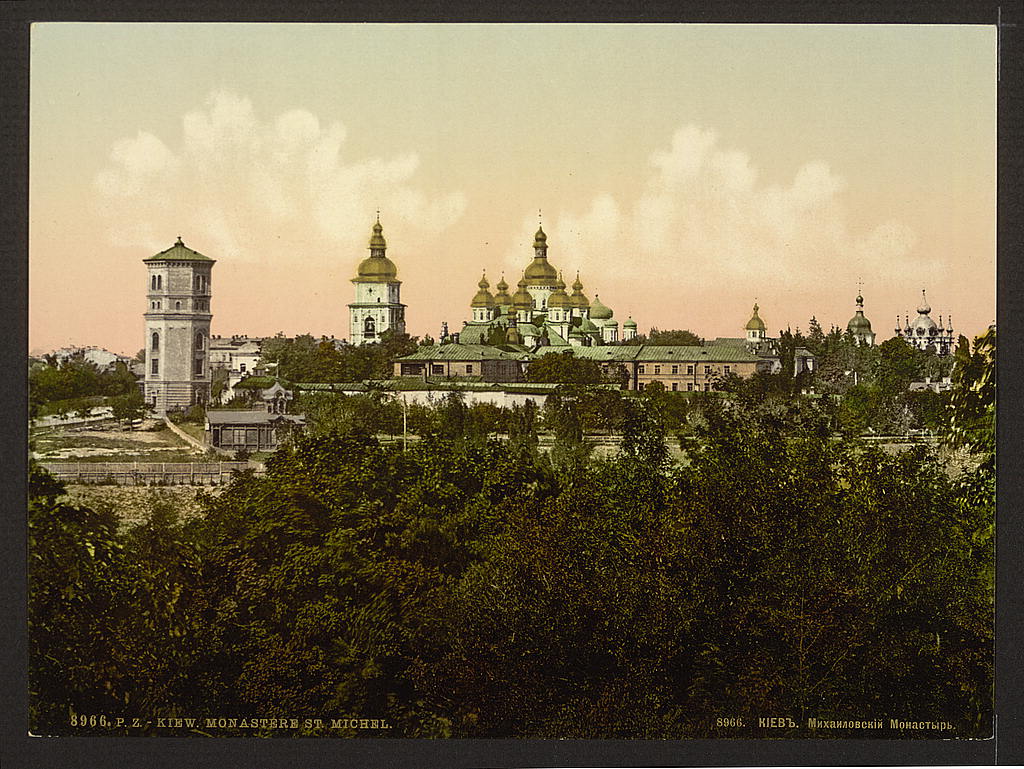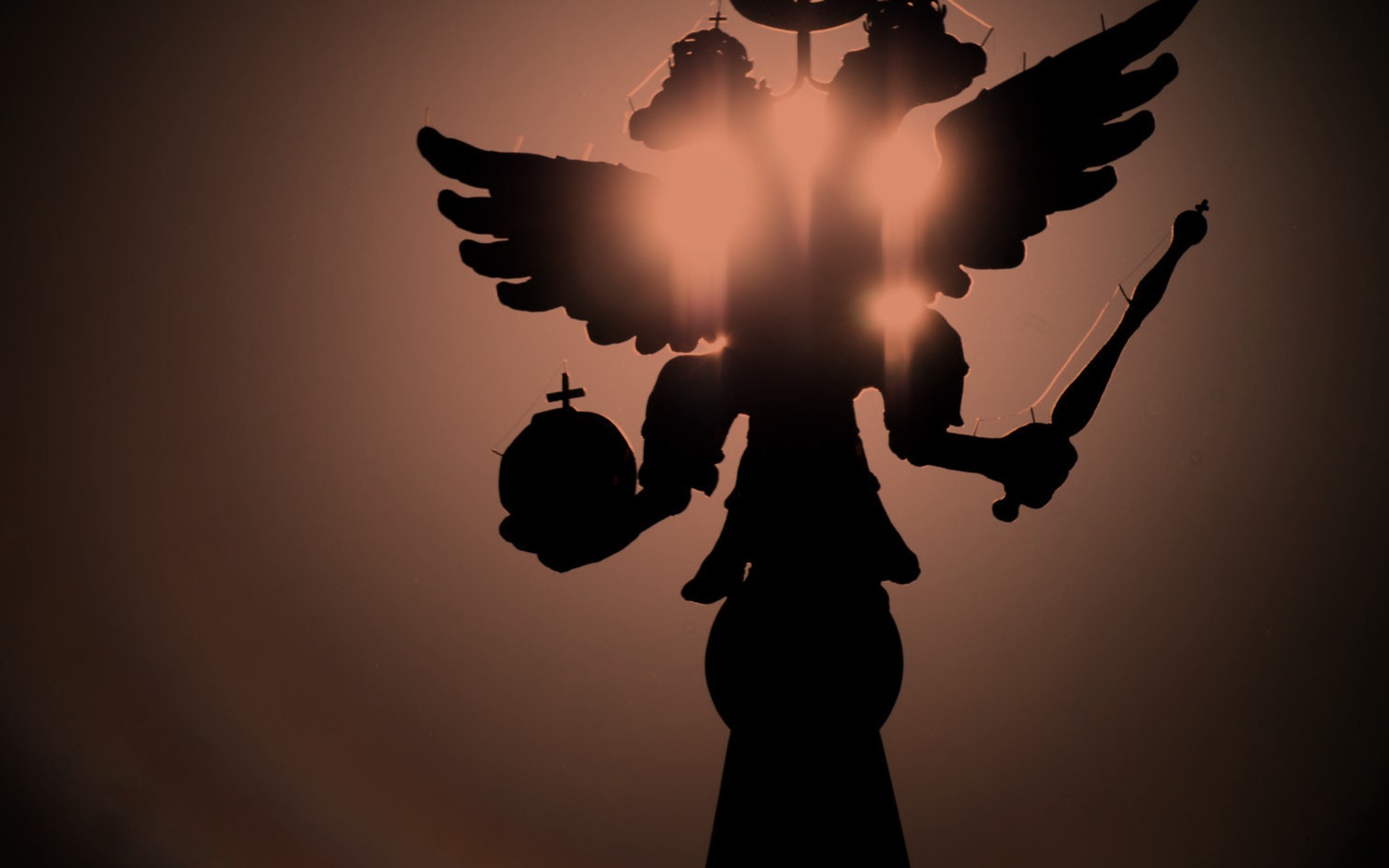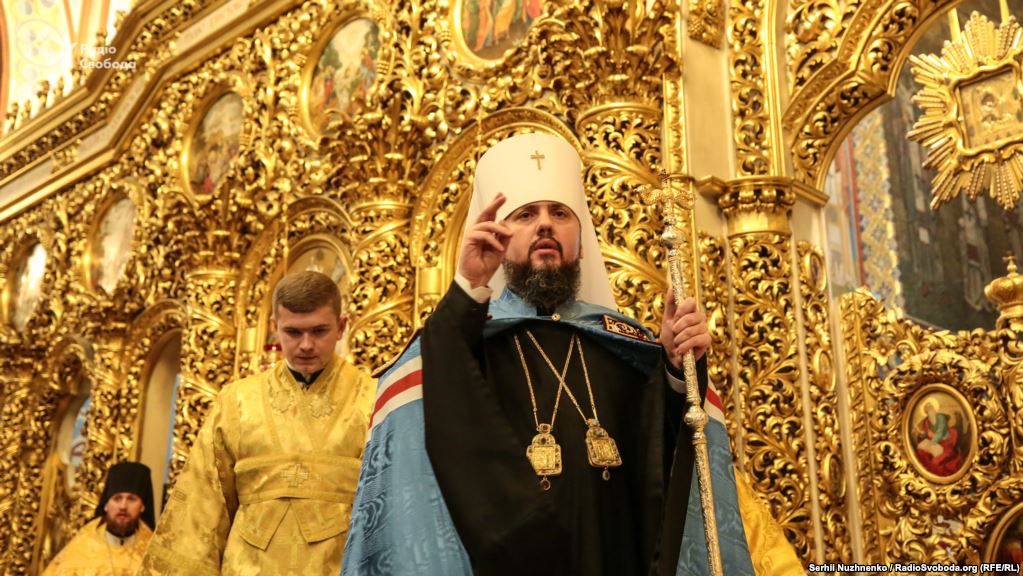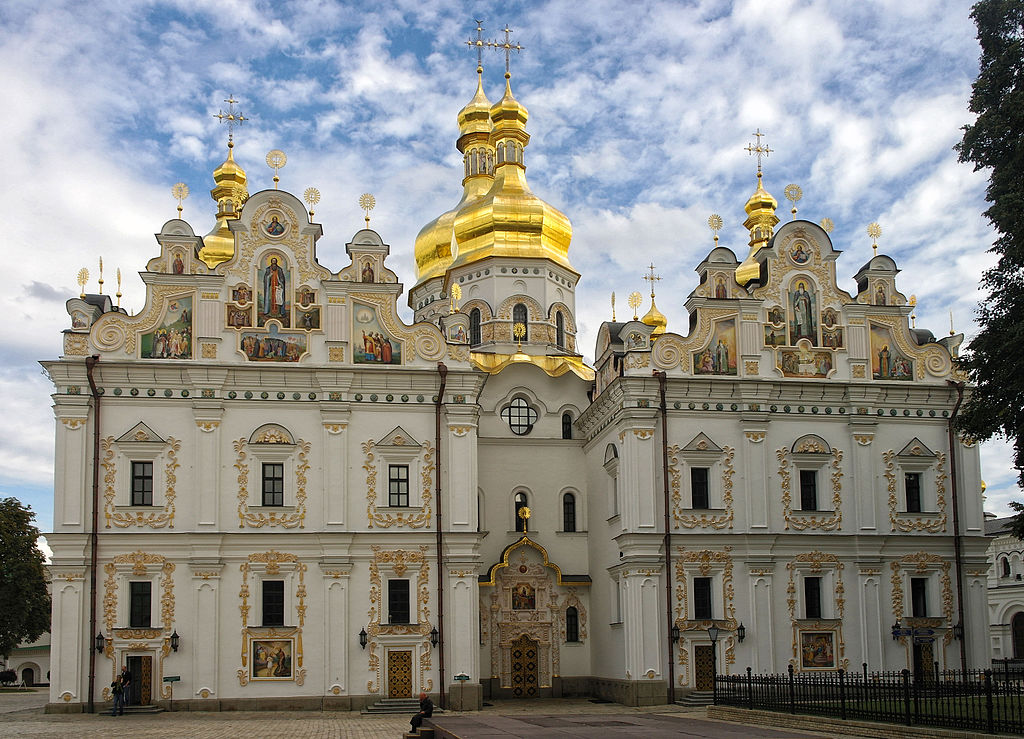Despite the fact that Ukraine’s Orthodox church is about to be granted autocephaly and ever more people in Belarus are expressing hope that their country will be the next to escape from under the yoke of the Moscow Patriarchate, few have paid attention to another Orthodox country where the subordination of Orthodoxy is very much in play.
According to the 2004 census in Moldova, 93.3 percent of that country’s population are Orthodox. They are divided between the Moldovan Orthodox Church, which, although autonomous, is under the control of Moscow and the Orthodox Church of Bessarabia, also autonomous but under the Romanian Orthodox Church.
Tensions between the two churches, always high because of the political orientations they embody, the first toward Moscow and the second toward the West, are rising, with Moldova’s pro-Russian president Igor Dodon saying that Romania has tried to block a visit by Moscow Patriarch Kirill.
That visit albeit shortened to only two days will now begin five days from now. During the visit, Kirill is scheduled to visit the northern and southern regions of Moldova as well as meet with Dodon and other officials in Chisinau, Moscow’s Russian Orthodox Russkaya Liniya portal says.
The Metropolitanate of Moldova, a self-administrating part of the Russian Orthodox Church of the Moscow Patriarchate was founded in 1813 and currently has “more than 1200 parishes,” the Russian portal says. The Romanian church, it says, appeared on Moldovan territory only after 1991. (In fact, it has a much longer history.)
In the 1990s, the Moldovan government, fearing a church schism, refused to register the latter church, but in 2001, the European Court for Human Rights insisted that it do so, and since that time, there have been two registered Orthodox hierarchies in Moldova, each very much hostile to the other.
There are in fact rumors that people connected with the Bessarabian church plan to organize protests during Kirill’s visit.
Those are especially likely because of an event now slated to take place on Thursday, the day before Kirill arrives in Moldova. On that date, Bartholomew, the Universal Patriarch, will be in Bucharest to dedicate a new Orthodox cathedral. Some expect he will also declare that only the Bessarabian church has the right to the canonical territory of Moldova.
If that happens, such a declaration could lead to a religious and political explosion in Moldova with Moscow seeking to defend its position by relying on the Gagauz, a Turkic but Russian Orthodox nation, and on the hierarchy of the pro-Russian church there and Romania weighing in for the Universal Patriarch and Moldova autocephaly.
Further Reading:
- Does Estonia’s history with two Orthodox churches have lessons for Ukraine?
- Tomos ante portas: a short guide to Ukrainian church independence
- Constantinople decision on Ukrainian Church truly has global consequences
- The next domino – Belarusian Orthodox hope for autocephaly
- 38 of the 46 Ukrainian Orthodox churches in Crimea forced to close by Russian occupiers
- Ukrainian Orthodox Church Kyiv Patriarchate in Crimea evicted from Cathedral
- Ukrainian Greek Catholic Primate fears his church may be liquidated in Crimea
- Russia methodically destroys and removes cultural treasures from occupied Crimea
- Moscow having failed to block Ukrainian autocephaly now attempting to exploit it
- Constantinople moves to grant autocephaly to Ukrainian Church, outraging Moscow
- Three signs Moscow Patriarch Kirill knows he’s lost on Ukrainian autocephaly
- Implicitly conceding Ukrainian autocephaly, Moscow makes plans to split Orthodoxy and dominate one part of it, analysts say
- 900-year-old relic found under church floor in Busk, Lviv Oblast
- Why Ukraine needs a free and recognized Orthodox Church
- A Ukrainian National Church — Ukraine’s hopes and Moscow’s traps





